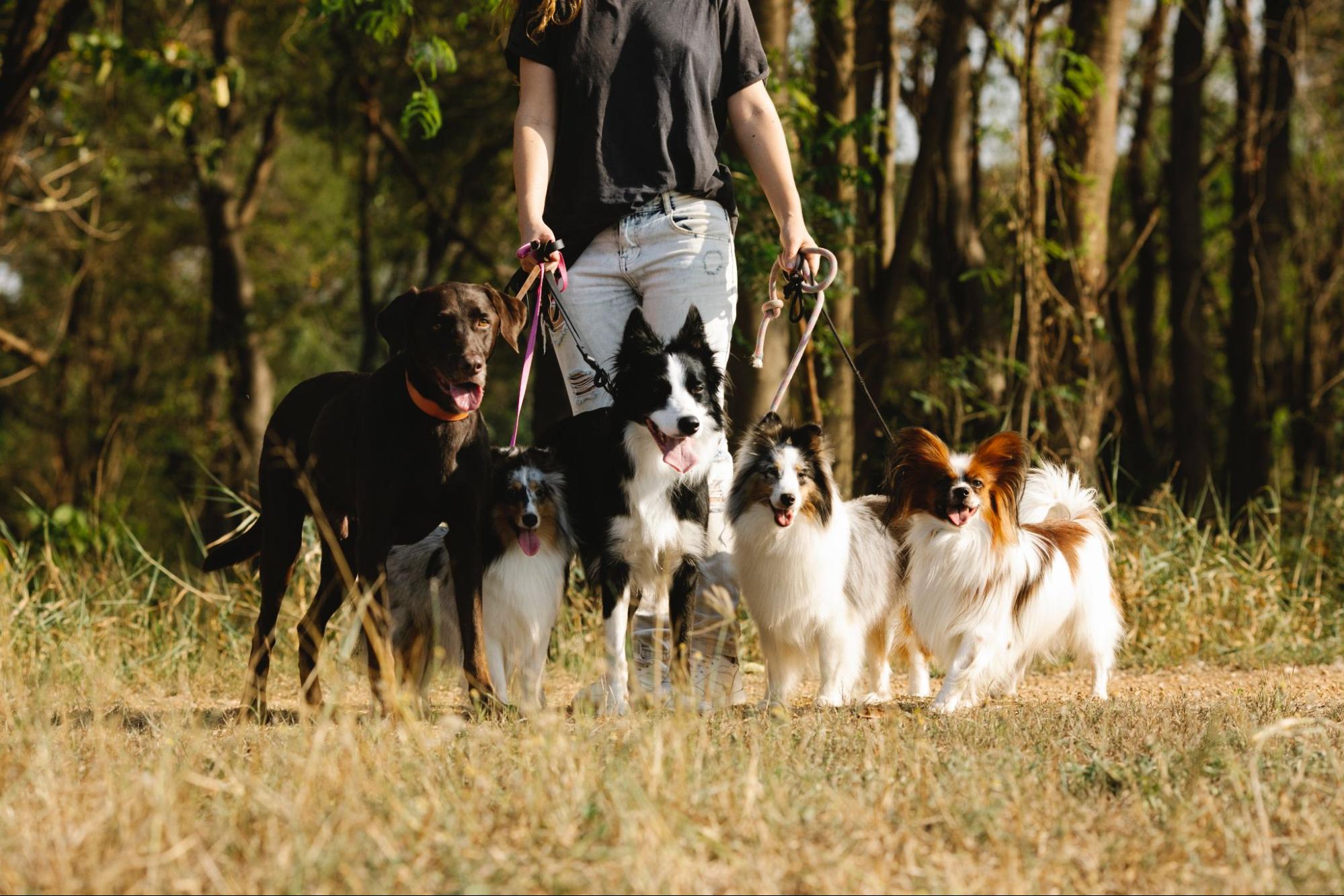Histoplasmosis in Dogs
Histoplasmosis in dogs is a fungal infection that can affect various breeds, including Labradors. It is caused by the inhalation of spores from the Histoplasma capsulatum fungus, which is commonly found in soil contaminated with bird or bat droppings. While histoplasmosis primarily affects the respiratory system, it can also spread to other organs and cause systemic illness.
Labradors are particularly vulnerable to histoplasmosis due to their innate curiosity and tendency to explore outdoor environments. Dogs may contract the infection by inhaling spores while digging in soil or being exposed to areas where bird or bat droppings are present. Once inside the body, the spores can multiply and lead to a range of symptoms such as coughing, difficulty breathing, weight loss, lethargy, fever, and gastrointestinal problems.
Early detection and treatment are crucial for managing histoplasmosis in dogs. If you suspect your Labrador may have been exposed to contaminated areas or is displaying symptoms consistent with this fungal infection, it’s important to consult with a veterinarian promptly. With proper diagnosis and appropriate antifungal medications, most dogs can recover from histoplasmosis and resume their normal activities. Regular check-ups and preventive measures such as avoiding contact with potentially contaminated areas can help safeguard your Labrador’s health against this potential threat.

Understanding Histoplasmosis in Dogs
Histoplasmosis is a fungal infection that can affect dogs, including Labradors. It is caused by inhaling spores of the Histoplasma capsulatum fungus, which is commonly found in soil enriched with bird droppings or bat guano. In this section, I’ll provide an overview of histoplasmosis in dogs to help you better understand this condition.
How do dogs get histoplasmosis?
Dogs usually contract histoplasmosis by inhaling fungal spores present in contaminated environments. They can also become infected by ingesting contaminated soil or material containing the fungus. Areas with high bird or bat populations, such as roosting sites or areas with accumulated droppings, pose a higher risk for exposure.
What are the symptoms?
The symptoms of histoplasmosis in dogs can vary depending on the severity of the infection and the organs affected. Common signs include:
- Respiratory issues: Coughing, difficulty breathing, and rapid breathing.
- Lethargy: A general lack of energy and increased fatigue.
- Weight loss: Unexplained weight loss despite normal appetite.
- Fever: Elevated body temperature.
- Gastrointestinal problems: Diarrhoea, vomiting, and decreased appetite.
- Enlarged lymph nodes: Swollen glands may be palpable.
It’s important to note that these symptoms are not exclusive to histoplasmosis and can mimic other diseases. Therefore, if you notice any concerning signs in your Labrador, it’s crucial to consult a veterinarian for proper diagnosis.
Diagnosis and treatment options
To diagnose histoplasmosis in dogs, veterinarians may perform various tests such as bloodwork, radiographs (X-rays), or microscopic examination of affected tissues. Treatment typically involves antifungal medications tailored to the individual dog’s needs. In severe cases, hospitalisation may be required to provide supportive care and monitor progress.
Preventive measures
Prevention plays a key role in managing histoplasmosis in dogs. Here are some preventive measures you can take:
- Limit exposure: Avoid areas with accumulated bird or bat droppings.
- Keep your dog away from contaminated soil: Prevent digging or eating potentially contaminated material.
- Maintain good hygiene: Regularly clean and disinfect your dog’s living area.
By understanding histoplasmosis and taking necessary precautions, you can help protect your Labrador and ensure their overall well-being.
Remember, if you suspect your dog may have histoplasmosis or any other health concerns, consult a veterinarian for proper evaluation and guidance.